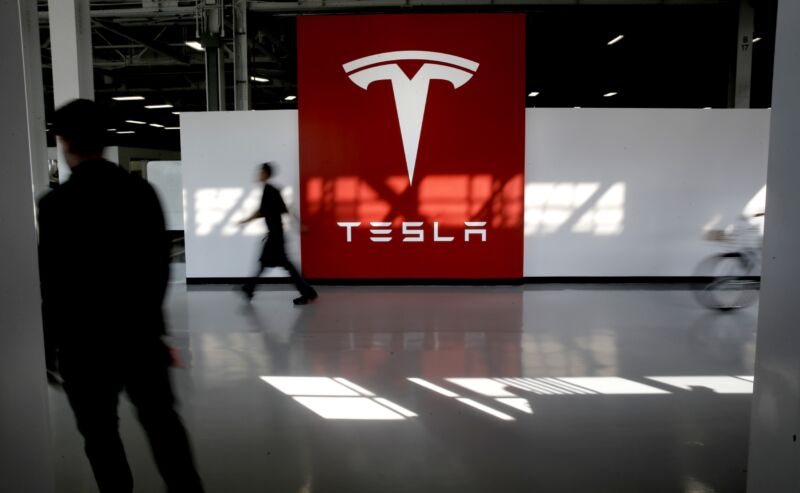
Getty Images | San Francisco Chronicle/Hearst Newspapers
Tesla found new homes for 1.8 million electric vehicles last year, it revealed on Tuesday afternoon. That will no doubt please CEO Elon Musk—it means the company has met its sales volume goal given to investors when it released its 2022 financial results at the end of last January.
Tesla built 494,989 vehicles in the last quarter of 2023, of which 18,212 were the more expensive but aging Models S and X. More importantly to the bottom line, Tesla built 476,777 Models 3 and Y. For the same three months, it delivered 484,507 EVs, of which 461,538 were the popular Models 3 and Y.
Cumulatively, Tesla built 1,845,985 EVs—1,775,159 Models 3 and Y and 70,826 Models S and X. And it delivered 1,808,581 EVs (1,739,707 Models 3 and Y; 68,874 Models S and X)—meeting the 2023 sales goal of 1.8 million cars sold.
That’s another record year for Tesla, but it’s also another year where the company has fallen far short of its targeted cumulative annual growth rate of 50 percent. Last year, it grew by 40 percent; this year, it grew by just 38 percent.
For that 50 percent CAGR to become a reality, 2024 will need to be a much stronger year than Tesla has had in the past. But that might prove easier said than done. BYD, a Chinese automaker, eclipsed Tesla in EV sales for the first time in Q4 2023, and Tesla’s market share is declining—albeit slowly—in the US as dozens of new EVs have gone on sale of late.
China and the US are Tesla’s two most important markets, and it seems investors have taken notice—Tesla’s share price has fallen almost five percent since the start of trading this morning.

